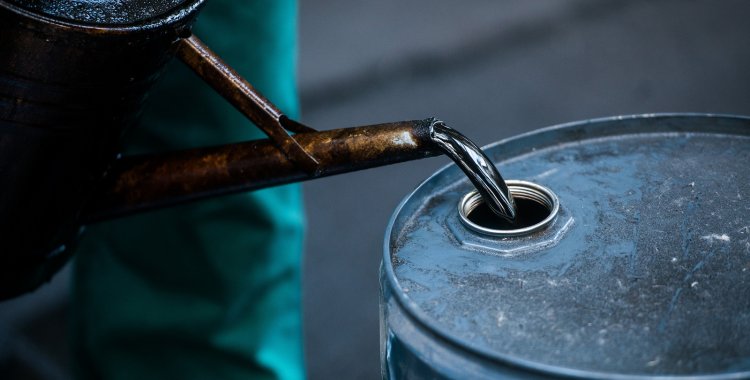The Carbon Tracker Initiative's "Beyond Petrostates" study predicts that Timor-Leste will hit potential oil and gas revenue shortfalls of 93 percent, the second highest in the group of countries analyzed, behind Suriname.
In the case of Angola, this potential deficit would be 76 percent.
The data are part of the study released this month, which analyzes the impact that reducing dependence on fossil fuels and the energy transition process will have on countries that depend on the oil sector.
"The results illustrate the challenges that hydrocarbon-dependent countries face and highlight the need for urgent political measures to help mitigate impacts," considers the study.
"The reduction in demand and prices for fossil fuels will have significant implications for fiscal sustainability in oil and gas producing countries," he maintains.
Overall, the study points out that in a scenario of economic decarbonization, the total revenues of the oil and gas sector for Governments could fall by 13 billion dollars, or more than half, in the next two decades.
To define country risk, the authors created a "fiscal vulnerability indicator", which combines "the potential shortfall in oil and gas revenues with the current dependence on hydrocarbon revenues (percentage of total revenues that depend on oil and oil) gas)".
According to this study, Timor-Leste and Angola are at "level 5" risk, with Governments facing "a potential revenue deficit of more than 40 percent", with the advance of the "decarbonization" process.
Despite the study placing Timor-Leste among countries with sovereign savings funds - in the Timorese case the Petroleum Fund - the analysis is negative when it contrasts the assets of that fund per capita with the "income vulnerability".
Thus, Timor-Leste appears at level five, the most vulnerable of countries with sovereign savings funds, when the "assets per capita of the sovereign wealth fund, net of government debt" are contrasted with "revenue vulnerabilities".
"It is important to note that sovereign wealth funds are not the solution for everything, at least not in the long run. Even for governments with considerable savings, persistently weak oil prices would lead to the need for significant budgetary adjustments," the study said.
"The result is that for all petroestates, even those with money in the bank, the time for ambitious tax reform is now, not later," he maintains.
Carbon Tracker is an independent financial think tank that develops detailed and in-depth analyzes of the impact of the energy transition on capital markets and the potential investment in fossil fuels.
Headquartered in London, it has a team of experts from the financial, energy and legal sectors that seek to "map both risk and opportunities for investors" as part of the energy "decarbonisation" process, according to the organization, according to available information on your website.







